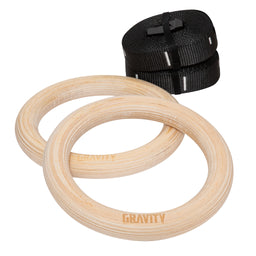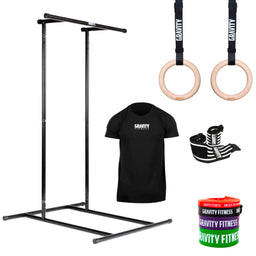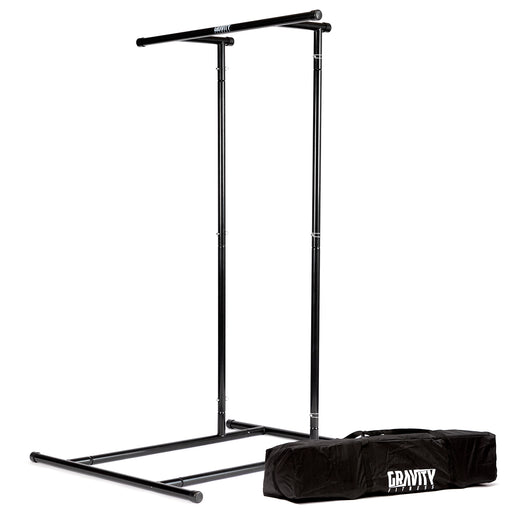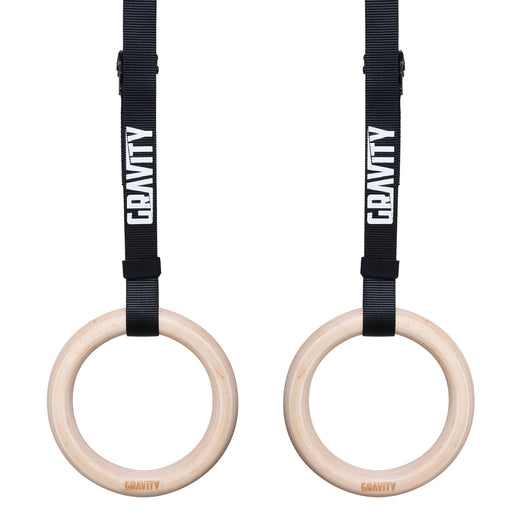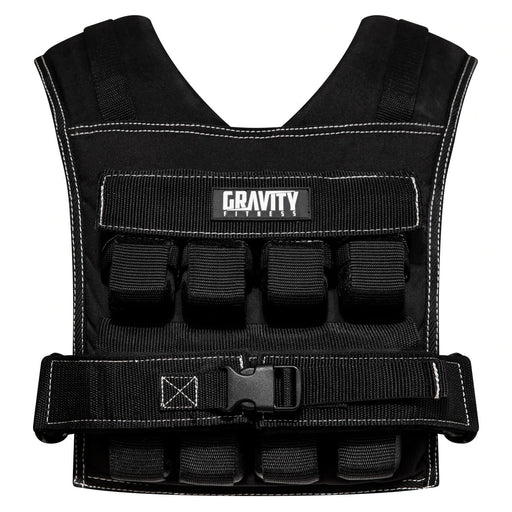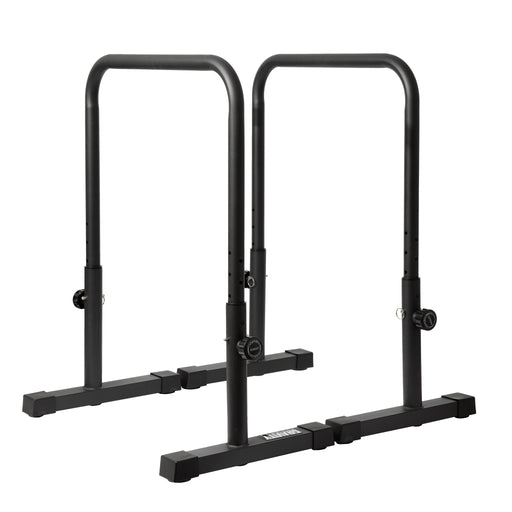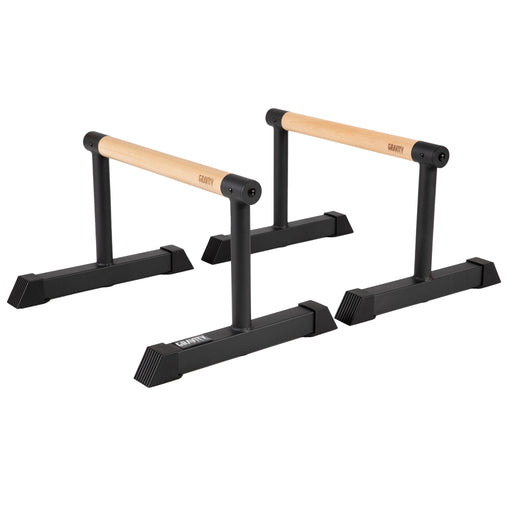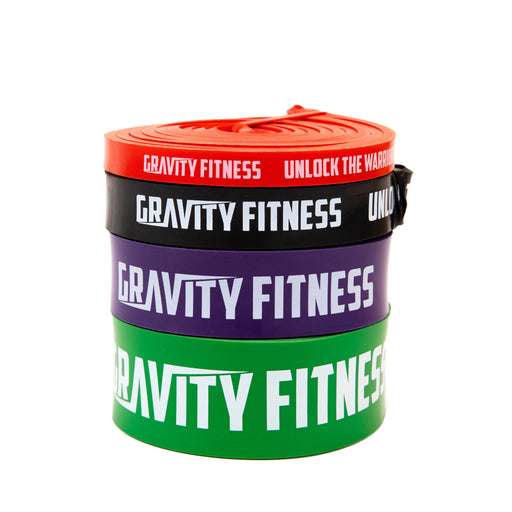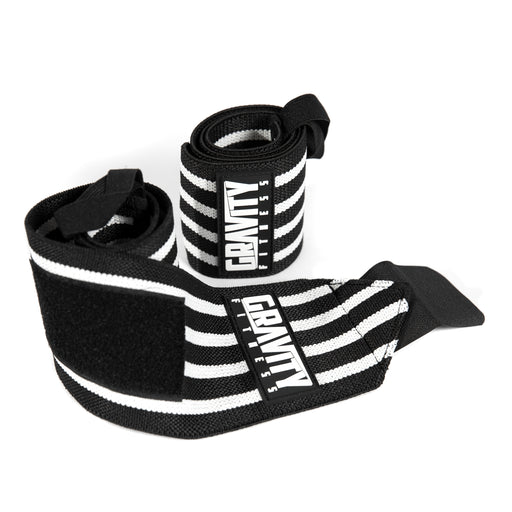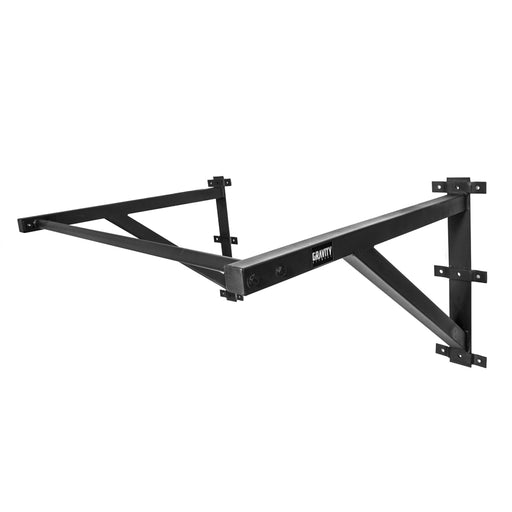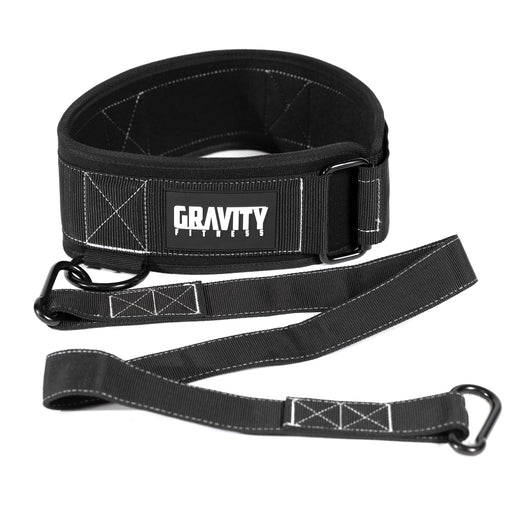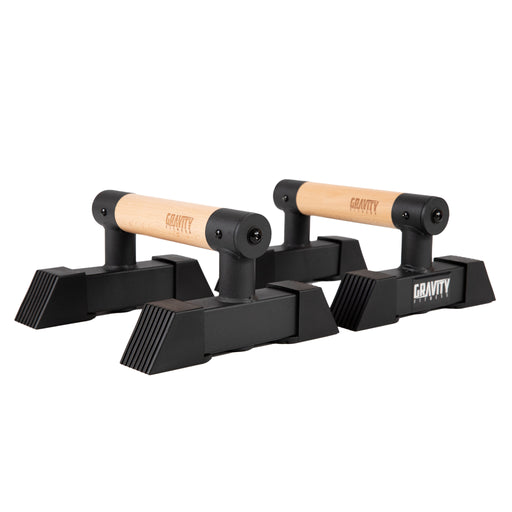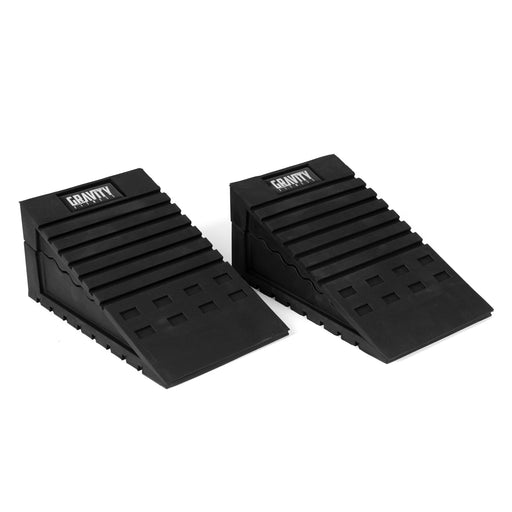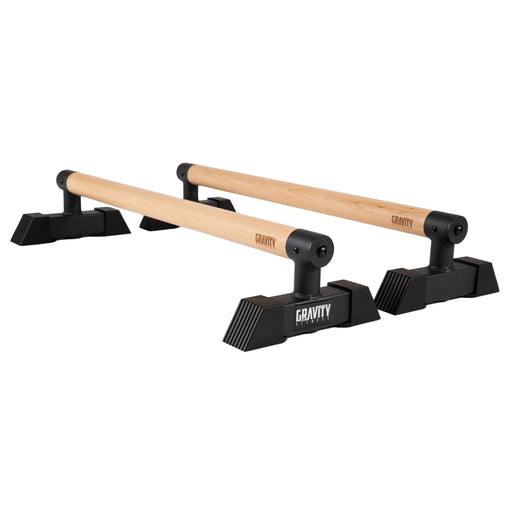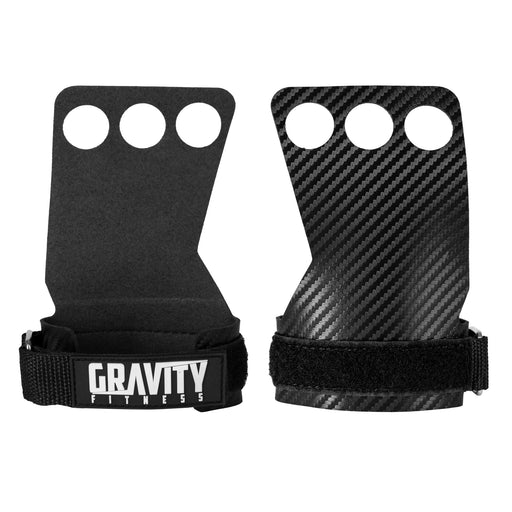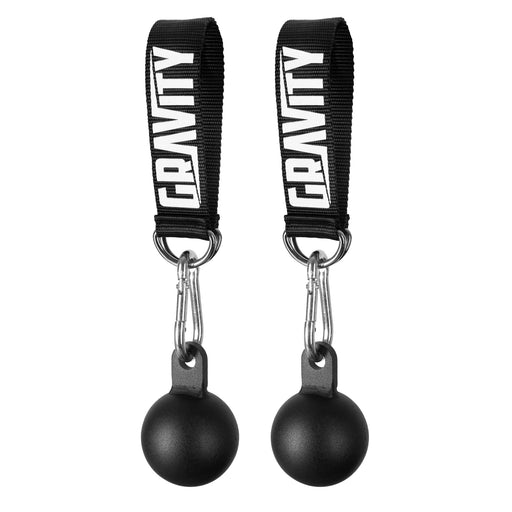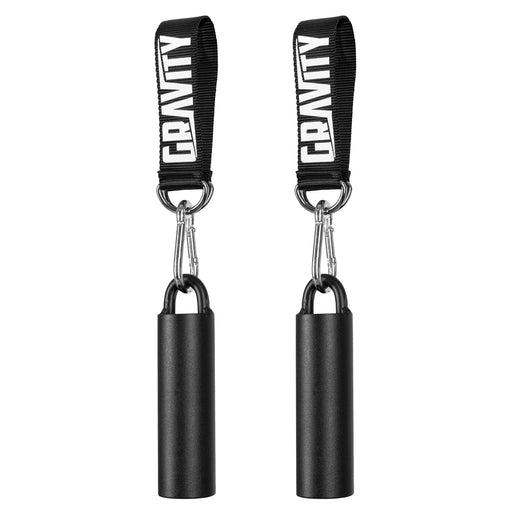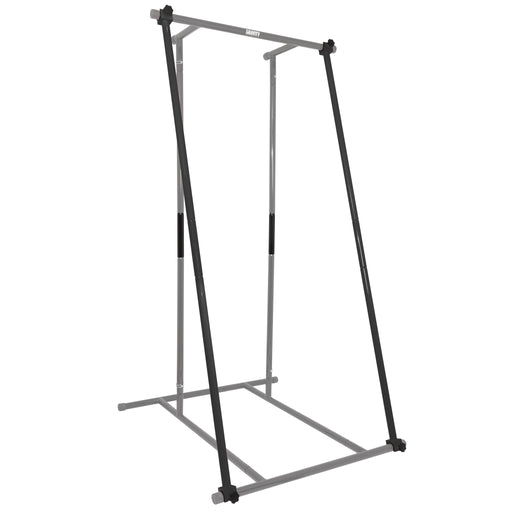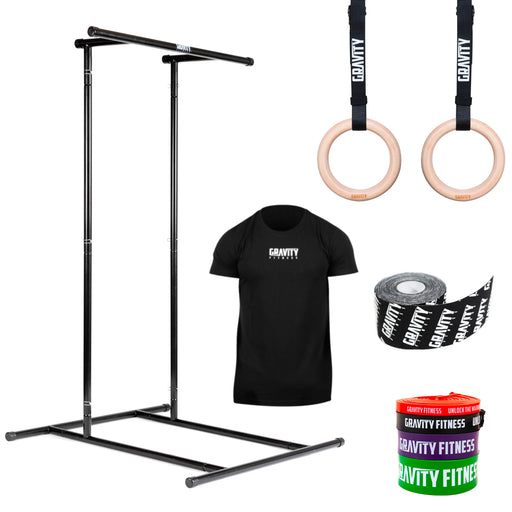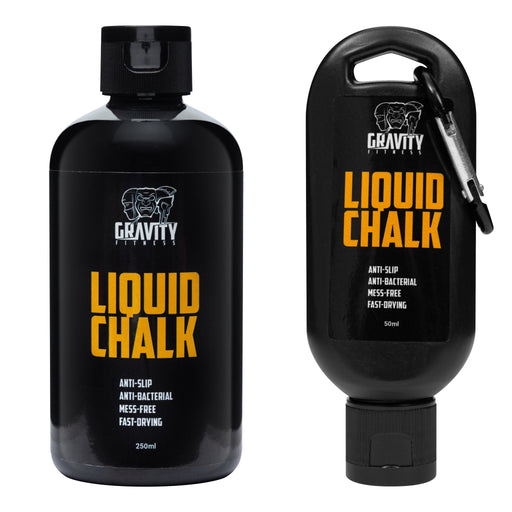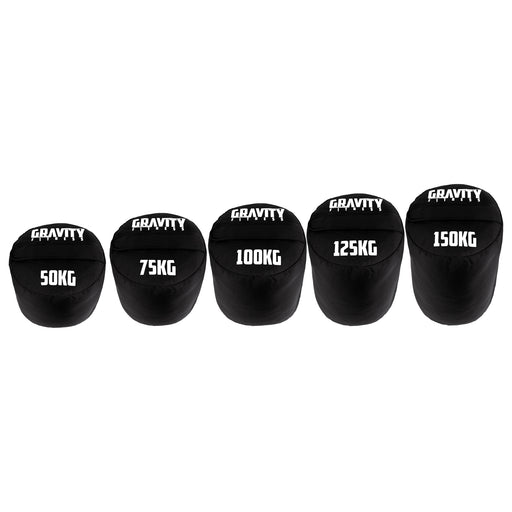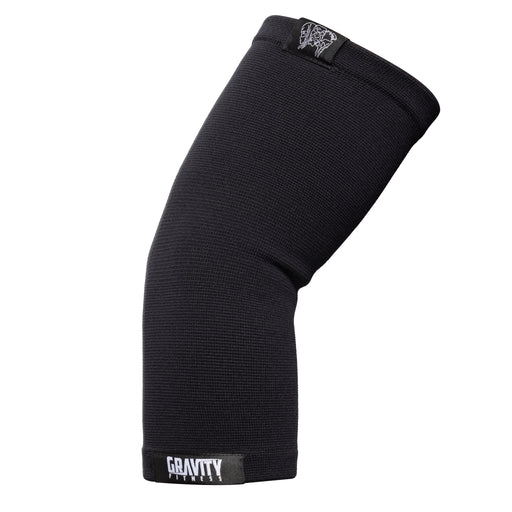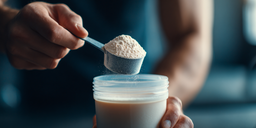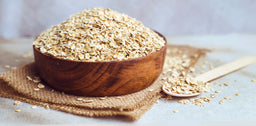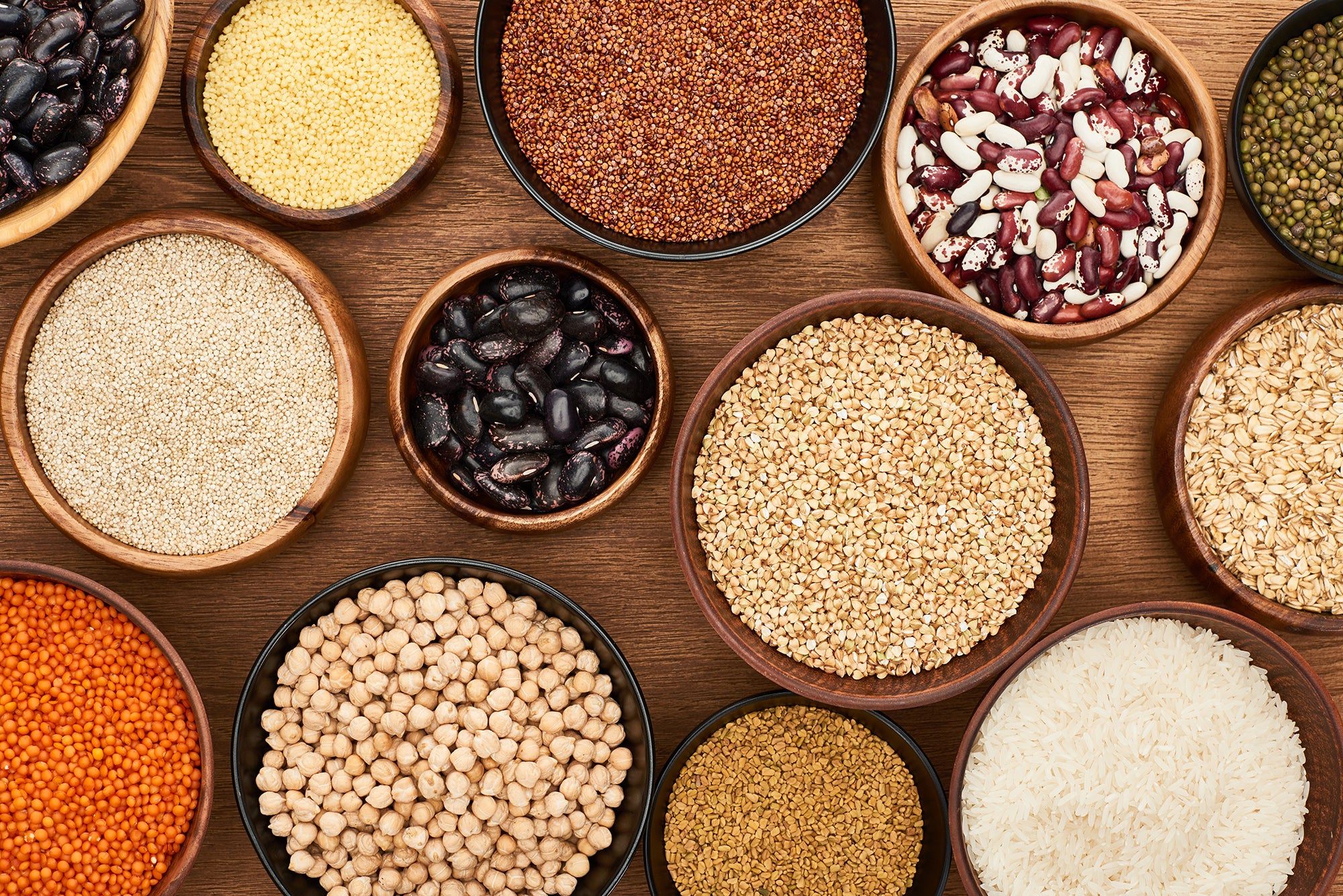
Nutrition & Your Training: What To Do For Your Goals
Nutrition & Your Training: What To Do For Your Goals
Nutrition, and what you put into your body to fuel it, will determine the outcome of any training goals you might have. It sounds dramatic, but the truth is you really are what you eat.
Some things might be more obvious to you than others. For example, eat plenty of fresh fruit and green veg, make sure you stay hydrated, adequate protein intake, eat from whole food organic sources where possible, moderate caffeine intake, make sure to have wholegrains, etc. The list goes on and on about what people should know, but with social media the way it is, and varying sources of information, how can you pick the bits you need for your training, and put yourself in the best possible place for your goals?
Let me start from the ground up – the simple fact is, if you want to get leaner or lose weight, you must be in a caloric deficit. I.e. eating less than you’re burning off. If you want to put on weight or gain muscle you must be in caloric surplus i.e. eating more than your burning off. That’s the start point. But then you might be asking ‘what deficit/surplus do I need?’
There are 3 scientific methods you can use to calculate what that might be, based on an average. The Mifflin St Jeor equation is great for a base level, but the Katch-McArdle formula equates lean body mass as well, so if you know your body fat percentage already, I’d recommend that. The equations are listed below:
Mifflin-St Jeor Equation:
For men: BMR = 10W + 6.25H - 5A + 5;
For women: BMR = 10W + 6.25H - 5A - 161
Revised Harris-Benedict Equation:
For men: BMR = 13.397W + 4.799H - 5.677A + 88.362
For women: BMR = 9.247W + 3.098H - 4.330A + 447.593
Katch-McArdle Formula: BMR = 370 + 21.6(1 - F)W
where:
W is body weight in kg
H is body height in cm
A is age
F is body fat in percentage
These calculations are used to calculate your BMR or Basal Metabolic Rate. Your BMR is the required number of calories you need per day for maintenance and to keep you alive. Then you need to determine how much activity you do per week. You can use a calculator to do all this for you here. Just remember that all of these figures are averages and rough guidance, so it may not be exactly by the numbers.
Ok, so now you have your figures for BMR and weight loss/gain. So now you’re thinking ‘I need to factor in what my actual diet needs to be to achieve that.’ You’d be right in thinking that – the macronutrients (protein, carbs and fats) splits will depend on your goal, and every goal will need nuances of change and adaptation. Everyone is unique and the food science is too. There is a calculator here that can help you work out your macros.
Another thing to keep in mind is that each gram of each macronutrient is worth a different amount of calories. Protein and Carbs are 4 kcals each per gram and Fats are 9 kcals per gram. There always is a bit of calorie counting to begin with in planning these things out, but don’t let it overtake you, or stop you from living your life. Once you’ve measured these things out a few times, you will start to recognize what your food plate needs to look like for each meal, and then you’ll be able to do it by eye. That’s how I do it and how I help my clients to do it as well.
Food is god damn delicious, and people need to make sure they enjoy it, and try not to let it control them. The best diet and nutrition plan for your goals is the one you can stick to. Just remember that if you start to feel like things are getting away from you. Another thing to factor in to your diet and nutrition, as a separate entity, is alcohol, particularly at this time of year. These DrinkAware & NHS caloric chart helps you factor any drinks.
Make sure to know about your food; the labels, the sources, how you prepare it, etc. And what you will find is how interesting your food becomes, and what tends to happen, is that you get more into food and cooking as a result.
This may sound like a lot of science and information, but just take it one step at a time and make sure you do things slowly. Also, make sure to seek any dietary advice from a qualified health professional or dietician, especially if you have any metabolic conditions, dietary requirements or intolerances. Too many people on social media throw out advice without any scientific evidence or backing and it’s completely insane! Ask around if you’re not sure and make sure to beware of any dietary witch doctors! Also everyone tends to over report any calorie intake, so give yourself a break, modify things slowly and in small quantities. Follow the science, but don’t let it control you and remember to enjoy the journey. I think you’ll end up feeling better physically, emotionally and mentally. We hope all of you guys enjoy your festive seasons! Eat, drink and be merry! And when you come back ready for next year, come back stronger!












